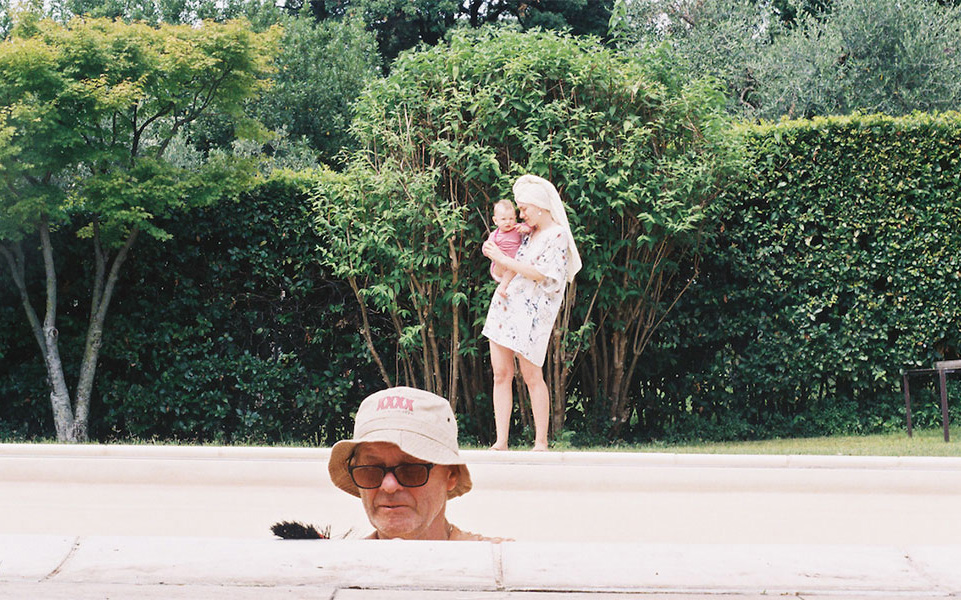Lina Vdovîi had traveled to war zones in her early career as a journalist, explaining in “Tata” that a desire to expose violence around the world came from what she experienced in her own home. It may not have seemed like much to put herself in harm’s way, given what she endured living in a home where even if her father Pavel’s presence could be felt even if he wasn’t around much when he making money in Italy to bring back to support his family in his native Moldova, but it became a way in which she carried around and possibly prolonged the trauma, making a more direct examination of the impact it had on her in her debut feature co-directed with Radu Ciorniciuc, now her partner and the director of “Acasa, My Love,” equally full of landmines.
While living through combat is harrowing, it was likely far easier for Vdovîi to describe the effects of trading gunfire than what she gets her arms around here, observing the much more subtle cruelty of preserving an economic order when Pavel is obliged to work abroad where he could be considered cheap labor, but the money he can make far exceeds what he could locally. As a result, he was rarely home, though when he was there, he would take out his frustrations on his wife, if not brutalizing her physically, doing so psychologically when he himself was treated viciously as a laborer. Although Vdovîi left home as soon as she could, the situation itself hasn’t changed much when “Tata” begins, only Pavel sees a use for her journalistic chops when he’d like to expose his boss for his abuses, depriving him of wages he should’ve received and harshly admonishing him on numerous occasions that border on physical attacks.
When Vdovîi and her sister would send tapes of themselves to Pavel as children to keep up a relationship with their father, “Tata” has evidence of the strain that simple economics have put on the family, but the filmmaker reveals the toll it took in real time when against her better judgment, she and Ciorniciuc travel to Italy to arm Pavel with an undercover camera, far less troubled about the possibility of being found out than helping someone who has caused so much distress to the women in his life. Pavel is never presented as a monster, but that’s what becomes particularly chilling in “Tata” when stories emerge from Vdovîi’s accompanying visits to Moldova to see her sister, mother and grandmother that recall events that the director either was too young to remember or blocked out and you come to believe no one knows about the pain people are hiding when speaking up about it would seem to pose more of a threat.
“Tata” loosely ties all this history to the fact that Vdovîi is about to have a child of her own, and in zipping past an earlier marriage and devoting only enough time to her relationship with Ciorniciuc to establish his presence in the film, how the filmmaker herself has been changed by the experience is a little vague as she becomes a mother. But what does become quite vivid is the paralysis that she’s attempting to break free of, sorting out all the relationships that have been shaped as much by external forces as internal ones when the pressure of the family’s economic circumstances and the uncertainty of straying from the only path they know keeps them locked into a bad situation. One of the film’s most devastating moments occurs when Vdovîi’s mother confesses that having grown up in an orphanage herself, she had no idea how to be a wife or a mother, leading her to marry Pavel and stay in the marriage for her own children and when Pavel himself is headed to Italy for a job he loathes to stay afloat, the unforgiving demands of entrenched social and financial systems are exposed as everyone in the family has placed what it needs ahead of what they do personally. “Tata” may be just one family’s story, but in generously sharing it, Vdovîi shows its power when it would seem to open the floodgates to a lot more.
“Tata” does not have U.S. distribution.




